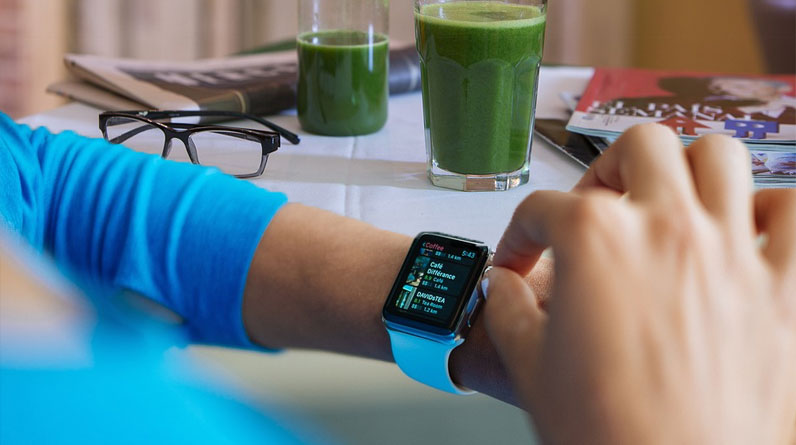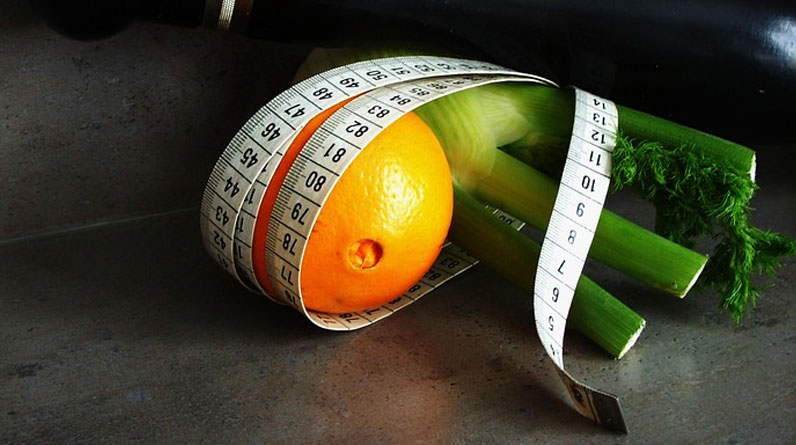
Intermittent Fasting And Juicing for Weight Loss
Juicing and intermittent fasting are two practices that are often thought of as having little in common. Juicing is generally associated with being a healthy habit, while intermittent fasting is the practice of going for extended periods of time without eating food.
Intermittent fasting and juicing may seem like two unrelated concepts. However, these practices have some things in common when it comes to weight loss and overall health. Both can assist with burning fat and promoting a healthier body. Here’s why…
The Basics of Intermittent Fasting
Fasting has been practiced as a way to promote health and wellness for centuries. However, it is only recently that the practice has received a lot of attention in the health and wellness communities.
For most people, fasting means simply not eating for a certain period of time. That’s why some people refer to intermittent fasting as “not eating”. And juices are generally a liquid that contains the fleshy pulp and juice of fruits or vegetables, so how do these two concepts work together?
First Let’s Talk About Juicing
Juicing is the process of extracting the juice from fruits or vegetables. Juices can be made from almost any fruit or vegetable, and some juices combine several different types of produce.
Juices can be made from whole produce, or from vegetables and fruits that are already peeled, seeded, and cut up. The advantage of the latter option is that it makes it easier to insert the produce into the juicer.
Juices can be consumed alone or as part of a meal. They can also be used in cooking. Juices contain little to no fiber.
The Benefits of Juicing for Weight Loss
Juicing can be a helpful practice if you’re looking to lose weight. When you juice fruits and vegetables, you’re extracting the nutrients and vitamins from them, so you don’t have to chew as much.
That makes it easier to consume a large volume of produce without consuming many calories. Juicing can be helpful in the initial stages of a weight loss regimen. It can make it easier to consume more fruits and vegetables while still limiting the amount of calories you consume.
It can also help curb cravings for bad (and often high-calorie) snacks. Juices high in produce, particularly green leafy vegetables, can make it easier for your body to burn fat. This can help you lose weight faster.
And What About Intermittent Fasting for Weight Loss?
Intermittent fasting is not about eating less, but about eating less often. It is a dietary pattern that cycles between periods of fasting and periods of normal eating.
Fasting can cause your body to burn fat more quickly, especially the fat stored in your abdominal area. It can also help your body better regulate blood sugar and insulin levels, which can reduce the risk of diabetes.
Intermittent fasting can also increase your metabolism, making it easier to lose weight. It can also help you eat less during normal periods of eating, which can help you lose weight without having to eat less overall.
How These Practices Together Help With Weight Loss
Both intermittent fasting and juicing can help you lose weight. Juicing can make it easier to consume a large volume of produce without overeating calories overall.
Juices can also be helpful for people trying to lose weight in that they curb cravings for sweets and other high-calorie snacks. Juices high in produce can make it easier for your body to burn fat. This can help you lose weight faster.
Intermittent fasting can also help your body burn fat more quickly, especially the fat stored in your abdominal area. It can also help your body better regulate blood sugar and insulin levels, which can reduce the risk of diabetes. Intermittent fasting can also increase your metabolism, making it easier to lose weight.
The best way to start intermittent fasting is to give yourself a window of time each day when you aren’t allowed to eat. You may decide to skip breakfast, eat your last meal at 6 p.m., or stop eating at 9 a.m. and not eat again until 5 p.m.
Additionally, intermittent fasting can improve your mental health and reduce the risk of anxiety and depression. It can also help you improve your quality of sleep and enhance your psychological resilience.
Be sure to drink plenty of water during this time to avoid feeling hungry. Then, schedule a specific time when you can eat again and start the process again the next day. Over time, you may decide to extend the no-eating time or reduce the eating time.

